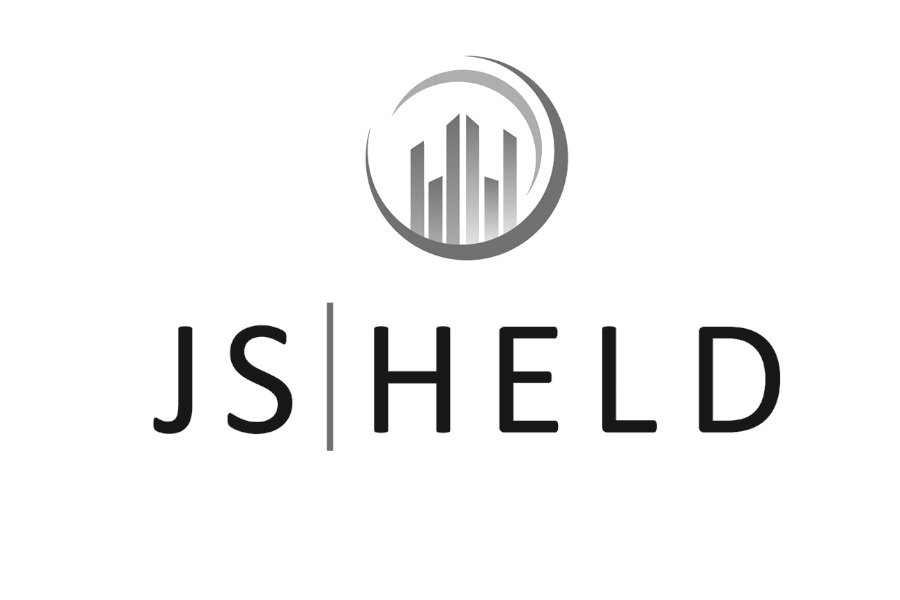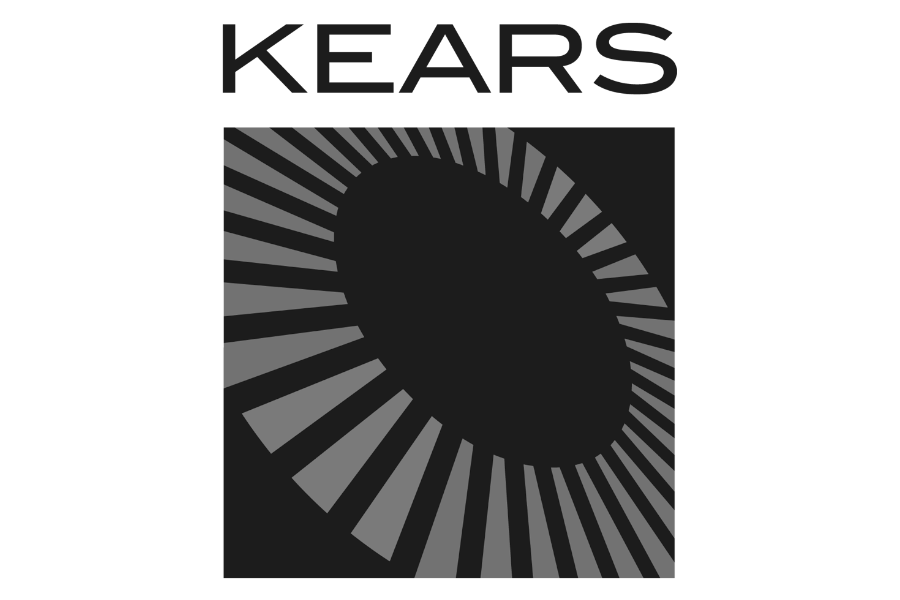sent on june 16, 2023
Before we dig into this week’s topic, I wanted to amend last week’s installment, which discussed motorcycle coast down deceleration. Tyler Shaw was kind enough to point me to this perfectly on-point paper, of which he was a co-author. I’m embarrassed to say I wasn’t aware of it and am glad that naïveté is behind me. With that in order, let’s talk about video and another great publication.
With the explosion of video sources (surveillance, dashcams, doorbells, GoPros, cell phones, etc.), more and more of the collisions we’re tasked with reconstructing are captured on video. As such, it’s increasingly important to understand this evidence.
Spanking new book to dive into
Mark Crouch and Stephen Cash recently released the second edition of their book, Video Analysis in Collision Reconstruction. I just ordered a copy and am eagerly awaiting its arrival. In talking with Mark and reading the first edition, I’m a fan of how this book combines a deep discussion of video theory with the practicalities of analyzing videos for collision reconstruction. Mark and Stephen have honed and developed the presented methods while working MANY crashes in and around London, where most crashes (it sounds) are caught on video.
If you’re interested in a friendly intro to video analysis, or just want to hear a couple geeks talk shop, I had the pleasure of interviewing Mark in preparation for my WREX keynote, and he crushed it. The related podcast was released this week (marking the launch of the eight-part series) and can be found here.
Continued learning is crucial in recon, and video is something worth spending the time to learn, in my humble opinion.
“Live as if you were to die tomorrow. Learn as if you were to live forever.”
- Mahatma Gandhi
Have a great weekend!
Lou Peck
Lightpoint Data | Axiom
P.S. Speaking of continued learning, Eugene Liscio just launched a two-day course where students can learn some serious point cloud kung fu using CloudCompare. Like video, and often times for video, knowing how to work with point clouds is becoming more and more important.





















